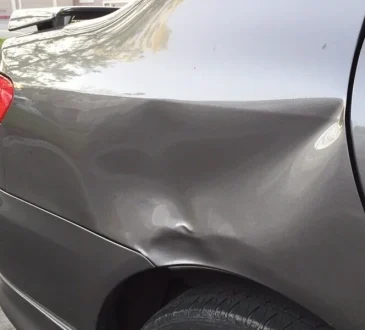
A serious problem for heavy-duty vehicles like commercial trucks is cylinder head gasket failure. A head gasket failure may result in serious engine damage, increased maintenance costs, and extended vehicle downtime. This article examines the typical reasons why heavy-duty vehicle head gaskets fail and provides preventative measures.
Typical Reasons for Head Gasket Failure
Overheating is a major cause that leads to head gasket failure. This may be caused by a number of problems, such as broken water pumps, low coolant levels, faulty thermostats, or malfunctioning cooling systems. It is crucial to regularly examine and repair the cooling system in order to reduce this danger. Frequent inspections can guarantee that all parts continue to operate as intended and that coolant levels stay within the ideal range.
Overloading Engines and Upkeep Procedures
Another important factor contributing to head gasket failure is engine overloading. The integrity of the gasket may be jeopardized by the high operating temperatures and increased stress that heavy-duty vehicles often experience from bearing heavy loads. Preventive actions include regularly evaluating loading procedures and making sure cars are not habitually overloaded over their rated capacity.
Gasket failures are also largely caused by poor maintenance. Head gasket problems may be made worse by skipping routine oil and coolant changes, neglecting to repair old components, or ignoring small leaks. Fleet managers should implement a strict maintenance program by Auto Repair in Bismark, ND that includes regular engine and cooling system checks and service in order to prevent this.
The Effects of Installation Mistakes and Thermal Cycling
Another reason to be concerned is thermal cycling, which may result in material stress in the head gasket due to the engine’s continuous heating and cooling. This deterioration may lead to failure in the long run. Use premium gaskets designed to resist heat expansion and contraction to help avoid this. Gasket sealants may also be used to improve dependability in high-stress situations.
One important aspect that might cause early gasket failure is incorrect installation. Uneven strains may arise from a head gasket that is not torqued to the manufacturer’s standards or that is fitted incorrectly. To guarantee correct torque sequences and values during installation, it’s essential to closely follow the manufacturer’s instructions and use the appropriate equipment and procedures.
Engine Design, Cylinder Pressure, and Corrosion
The integrity of an engine oil or coolant may be jeopardized by chemical degradation and corrosion. These dangers may be reduced by using high-quality fluids and doing regular contamination tests. Furthermore, because of poor design or the use of subpar gasket materials, some engines may be predisposed to gasket failure. Under these circumstances, purchasing aftermarket head gaskets composed of premium materials—like multi-layer steel (MLS) gaskets—might be beneficial.
Gasket failure may also be caused by excessive cylinder pressure, which is often the outcome of engine changes like turbocharging or improved fuel injection. To guarantee that cylinder pressures stay within allowable bounds, it is imperative that any alterations be paired with appropriate tune.




